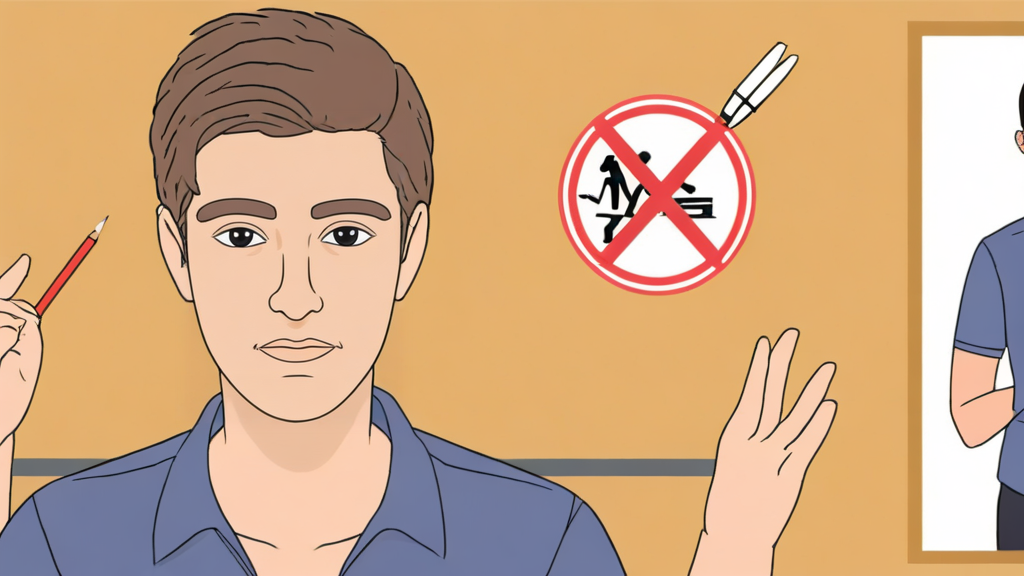Introduction
For many people, smoking and drinking go hand in hand, and quitting both habits can be a challenge. However, it is possible to overcome these addictions and experience a life free of smoke and alcohol. In this article, we will provide you with effective tips for quitting smoking and drinking, and help you gain a deeper sense of personal freedom and commitment to living addiction-free.
Commit to quit smoking and drinking
The first step to quit smoking and drinking is to fully commit to the decision. Write down how using alcohol and tobacco affects you, and keep a written record of the negative effects you experience. Reflect on any symptoms of decreased physical or mental capacity you have experienced as a result of tobacco and alcohol use. Consider how these addictions interfere with your relationships and social life, and reflect on the expense you make when consuming alcohol and tobacco.
Find the triggers
Identifying triggers is crucial to overcoming addictions. Use a notebook to record the times you smoke or drink alcohol during the day, and record what sensations or situations precede your consumption of these substances. Avoid situations that could cause you to use alcohol and tobacco in the future. For example, if an argument with your family or a problem at work leads you to smoke or drink, look for healthy ways to manage stress instead of turning to these addictions.
Set clear goals
It is important to set clear goals when quitting smoking and drinking. Reflect on your reasons for quitting these addictions and decide if you want to do it completely or little by little. Set a date for each goal and commit to following through. If you are an alcoholic, it is advisable to stop consuming alcohol completely and not little by little. Remember that quitting smoking and drinking at the same time can be more effective and reduce withdrawal symptoms.
Prepare for change
Before you quit smoking and drinking, it’s important to prepare for the change. Get rid of all addictive substances in your home by throwing away cigarettes and pouring alcoholic beverages down the sink. Ask other members of your household to support you by keeping your home free of alcohol and tobacco products. Also, get rid of any objects that remind you of smoking or drinking, such as lighters or favorite glasses. Avoid places where people smoke or drink, and stay away for a while from people who consume these substances. Stay busy with healthy activities and find ways to relax without resorting to alcohol or tobacco.
Cope with the urge to smoke and drink
When you feel like smoking or drinking, replace alcohol and tobacco consumption with more positive options. Identify the positive aspects you experience when consuming these substances and look for healthy alternatives to obtain the same effect. For example, instead of smoking, you could relax and breathe deeply, chat with a friend, or go for a walk. Also, sign up for an exercise program to reduce withdrawal symptoms and help keep your mind busy. You can also look for a new hobby that helps you focus your positive energies and give meaning to your life. If you experience minor withdrawal symptoms, distract yourself until the urge to smoke or drink passes. Find ways to relax, such as going for a walk, reading, or meditating, and allow yourself to indulge in some healthy snacks from time to time.
Face withdrawal
When you stop using alcohol and tobacco, you may experience withdrawal symptoms. These symptoms may include anxiety, depression, fatigue, headache, nausea, tremors, and elevated heart rate. It is important to observe and monitor these symptoms, especially in the case of alcohol withdrawal, which can be dangerous. If you experience severe symptoms, seek medical attention. Consider seeking help from a therapist or support group for additional support during this recovery process.
Commit to continuing treatment
To overcome addictions to alcohol and tobacco, it is important to commit to treatment. Find a therapist who can provide support and accountability, and consider receiving a medical evaluation to evaluate how these substances have affected your body. If necessary, seek inpatient treatment at a recovery center for intensive support and medical and psychological supervision. Don’t forget to seek support from friends, family, and local support groups to help you on your path to an addiction-free life.
